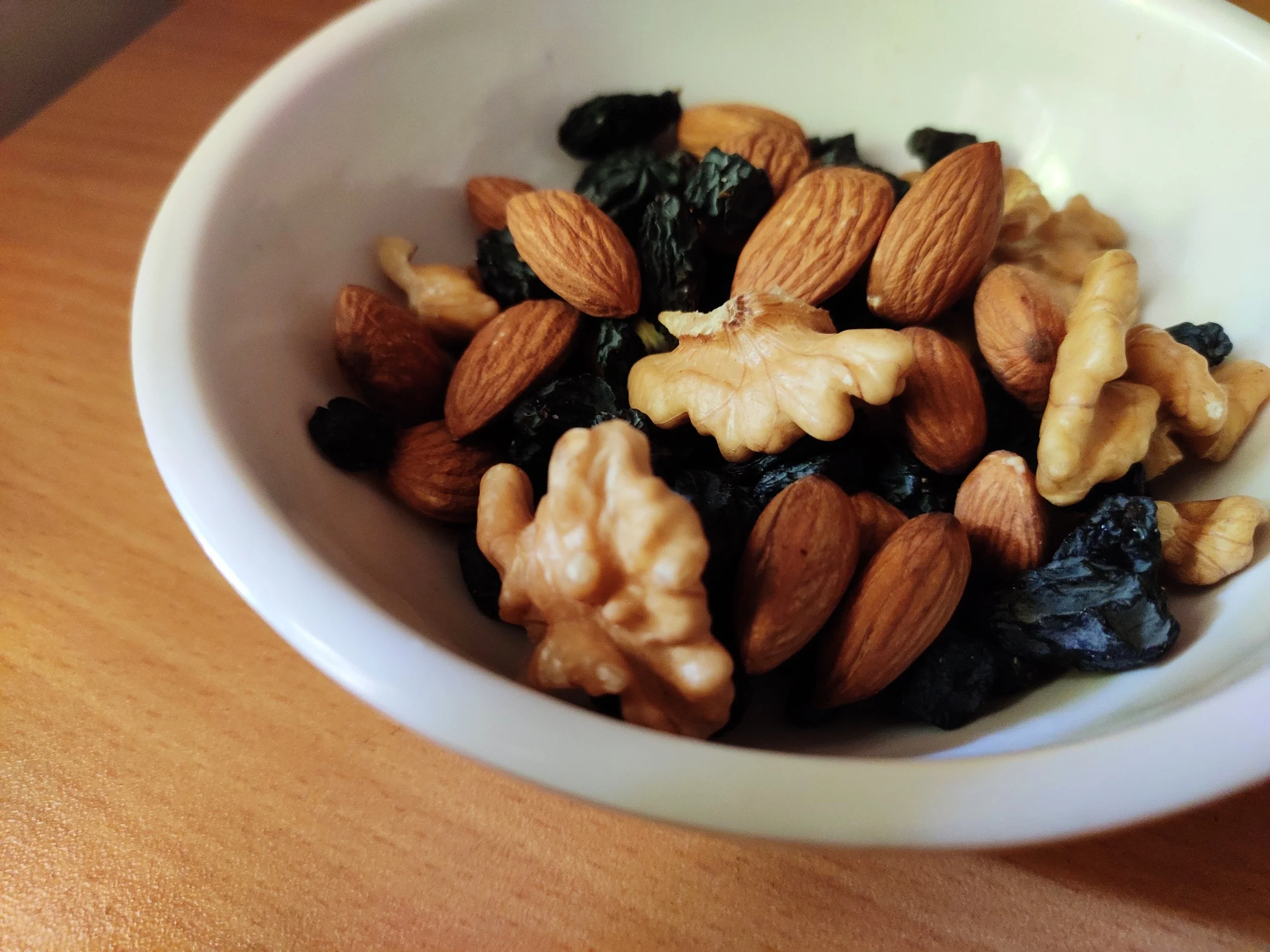Fertility-Boosting Foods: The Top 6 Foods to Eat for Better Egg Health
They say you are what you eat, but did you know that what you eat can also affect what you conceive?
When it comes to fertility, the right diet can make all the difference. Research shows that nutrition during the first 1,000 days of life has been shown to impact a child’s chronic disease risks, learning abilities, weight, immunity and more. That’s why we want to give our babies the best start and prepare 3 months ahead of conception to boost egg quality. While there may not be a magic recipe for baby-making, there are certain foods that can help give your fertility a boost.
In this blog post, we will explore in detail the six best fertility-boosting foods to eat for fertility. By incorporating these foods into your diet, you may be able to improve your chances of conceiving and give your future child the best possible start in life.
Your Diet and Egg Health
Eggs are essential for reproduction, and their quality can affect fertility. The quality of eggs declines as women age, which can make it more difficult to conceive and increases the risk of miscarriage and chromosomal abnormalities.
The health of eggs is dependent on many factors, including diet and nutrition. Certain nutrients, such as folate, vitamin D, and omega-3 fatty acids, have been shown to improve egg quality and increase the chances of conception. On the other hand, a diet that is high in processed foods, trans fats, and sugar can negatively affect egg health and fertility.
Leafy Greens:
Leafy greens such as spinach, kale, and collard greens are packed with essential vitamins and minerals that are crucial for reproductive health. They are rich in folate which is necessary for foetal development. Folate helps to regulate ovulation and may also prevent neural tube defects in the developing foetus. Additionally, leafy greens are a good source of antioxidants, which can help protect the reproductive system from damage caused by free radicals.
Whole Grains:
Whole grains such as brown rice, quinoa, and whole wheat bread are rich in complex carbohydrates and fibre, which can help regulate blood sugar levels and improve fertility. Additionally, whole grains are a great source of B vitamins, which are important for reproductive health. B vitamins help to regulate hormones and promote healthy ovulation in women. They also help to improve sperm quality and motility in men.
Berries:
Berries such as strawberries, blueberries, and raspberries are also rich in antioxidants, which help to protect the reproductive system from damage caused by free radicals. Berries are also high in vitamin C, an essential nutrient that has been shown to improve sperm quality and motility. Vitamin C is also important for the formation of collagen, a protein that is critical for healthy egg development.
Nuts and Seeds:
Nuts and seeds such as almonds, walnuts, and pumpkin seeds are great sources of healthy fats, which are crucial for reproductive health. Healthy fats help to regulate hormones and promote ovulation in women. In men, healthy fats may help to improve sperm count and motility. Additionally, nuts and seeds are high in zinc, a mineral that is important for fertility. Zinc helps to regulate ovulation and sperm production and may also improve the quality of the eggs and sperm.
Fatty Fish:
Fatty fish such as salmon, sardines, and tuna are great sources of omega-3 fatty acids, which are essential for reproductive health. Omega-3s help to regulate hormones and improve egg quality in women. In men, omega-3s may help to improve sperm count and motility. Additionally, fatty fish are also high in vitamin D, which is important for healthy egg development and ovulation.
Legumes:
Legumes such as lentils, chickpeas, and black beans are a great source of plant-based protein and fibre, which can help regulate blood sugar levels and improve fertility. Legumes are also high in folate which is essential for reproductive health. Folate helps to regulate ovulation and prevent neural tube defects in the developing foetus. Legumes are also a good source of iron, a mineral that is important for fertility. Iron helps to regulate ovulation and may also improve egg quality.
In conclusion, a healthy diet that includes fertility-boosting foods can help improve egg quality and optimise fertility. Remember to incorporate nutrient-rich foods such as leafy greens, fatty fish, and nuts into your diet, and aim for a balanced and varied intake of fruits, vegetables, whole grains, lean proteins, and healthy fats. These dietary changes, along with a healthy lifestyle, can help increase your chances of conception. Wishing you the best of luck on your journey toward starting or growing your family!







